Five hundred million years before the dawn of dinosaurs, strange animals ruled a frozen planet.
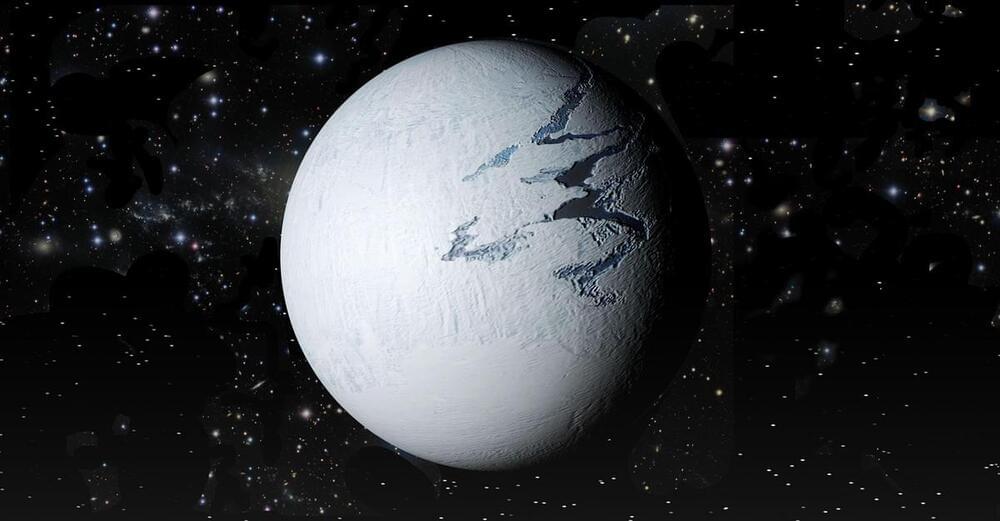

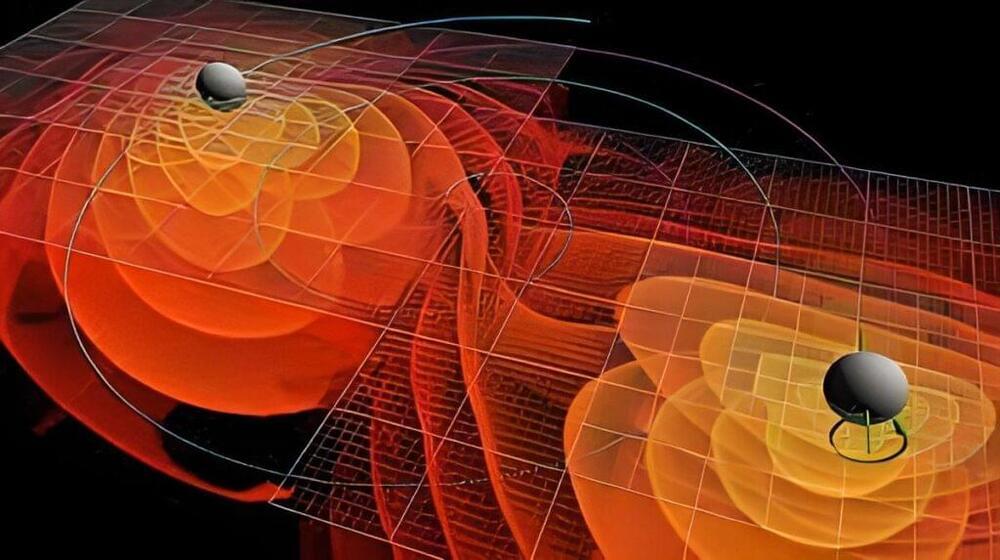
One of Stephen Hawking’s most famous ideas has been proven to be right thanks to the ripples in space-time that were caused when two black holes far away merged. Hawking got the black hole area theorem from Einstein’s theory of general relativity in 1971. It says that a black hole’s surface area can’t go down over time. The second law of thermodynamics says that the entropy, or disorder, of a closed system must always go up. This rule is important to physicists because it seems to tell time to go in a certain direction. Since a black hole’s entropy is related to its surface area, both must always go up.
According to the new study, the fact that the researchers confirmed the area law seems to show that the properties of black holes are important clues to the hidden laws that run the universe. Surprisingly, the area law seems to go against one of the famous physicist’s proven theorems, which says that black holes should evaporate over very long periods of time. This suggests that figuring out why the two theories don’t match up could lead to new physics.
“The surface area of a black hole can’t get smaller, which is similar to the second law of thermodynamics. It also has a conservation of mass, which is similar to the conservation of energy, said the lead author, an astrophysicist from the Massachusetts Institute of Technology named Maximiliano Isi. ” At first, people were like, ‘Wow, that’s a cool parallel,’ but we quickly figured out that this was very important. The amount of entropy in a black hole is equal to its size. It’s not just a funny coincidence; they show something important about the world.” The event horizon is the point beyond which nothing, not even light, can get away from a black hole’s strong gravitational pull. Hawking’s understanding of general relativity is that a black hole’s surface area goes up as its mass goes up. Since nothing that falls into a black hole can get out, its surface area can’t go down.
I will gladly pay you Tuesday for a hamburger today.
After a long day, you are finally at your favorite restaurant and you order the burger you have been dreaming of the whole time. The burger is gone within minutes, or seconds depending on your appetite. You call the waiter to send compliments to the chef for that delicious burger but are surprised to learn that your burger’s meat has been grown in a laboratory. How would you feel about eating lab-grown meat? Would you even care or does this scenario not make sense because you would have understood in the first bite that you are not eating “real meat”? What is lab-grown meat, anyway?
Lab-grown meat is made from animal cells, so technically, it is real meat. We can even say that cultured meat is more genuine than a plant-based one. When you consider the rapidly growing world population, resources spent on breeding the animals don’t seem sustainable in the long run at all. With all things considered, lab-grown meat might be the safest and most sustainable option for our future and might become a big part of our lives. In fact, even now, world-leading scientists and entrepreneurs are investing in lab-grown meat research to make it both affordable and delicious.
Even though it may feel a little unconventional at first, laboratory-grown meat can be the key to sustainability and meeting the meat demand without disturbing the natural balance. If you are skeptical about meat made in the laboratory and want to know how lab-grown meat is made, this video can answer all your questions!
To get the latest science and technology news, subscribe to our newsletter “The Blueprint” at https://bit.ly/3BDdN5e.

One of the realistic depictions of nuclear weapons ever written about in fiction many years before Manhatten project.
THE WORLD SET FREE by H.G. Wells — FULL AudioBook | Greatest Audio Books.
The World Set Free is a novel published in 1914 by H. G. Wells. The book is considered a prophetical novel foretelling the advent of nuclear weapons.
🌐🌟🎧📚 https://GreatestAudioBooks.co.
🎁 S H O P great books & gifts: https://www.amazon.com/shop/GreatestAudioBooks?tag=lifeboatfound-20.
💙 T w i t t e r : https://www.twitter.com/GAudioBooks.
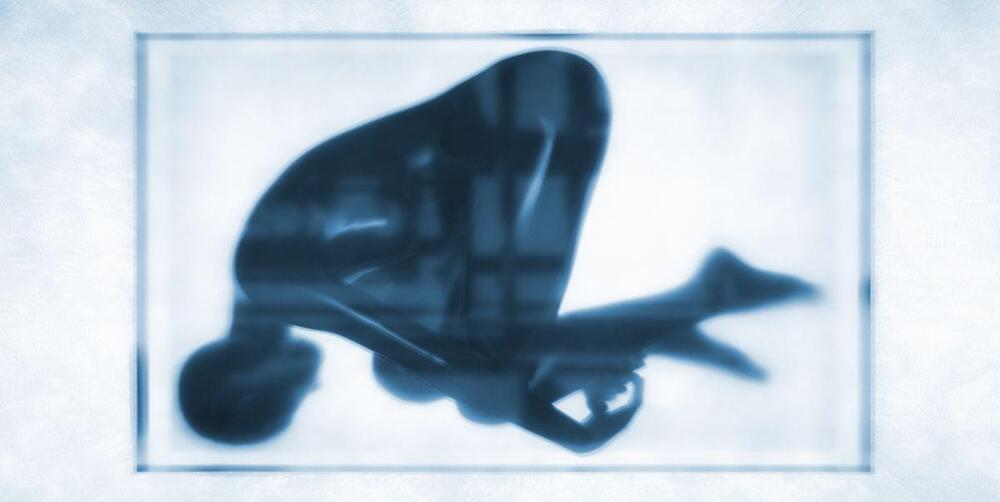
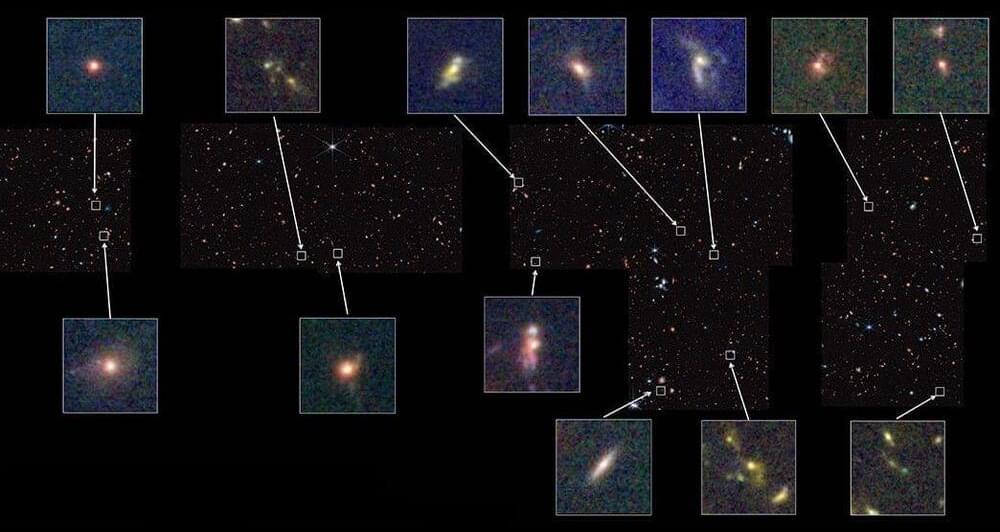
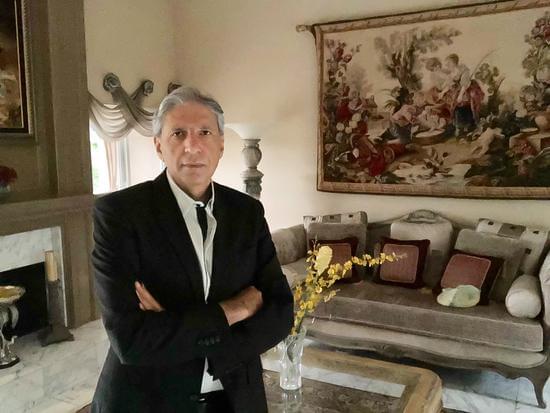
Samsung has been on a hiring spree of top executives from reputed companies in the last few months. About a week ago, we reported that Samsung had hired two former Ericsson executives to its Samsung Networks team. Last December, Samsung roped in an ex-Mercedes designer, Hubert H. Lee, to lead its smartphone design team. Now, Samsung has now hired former Qualcomm Vice President Benny Katibian.
Benny previously worked for Qualcomm as the Vice President of the company’s engineering division. After joining Samsung, Benny will serve as the head of the Samsung Austin Research Center (SARC) and the Advanced Computing Lab (ACL), which are the core R&D centers of Samsung Electronics USA, as per Business Korea.
According to reports, Benny Katibian is an expert in semiconductors and was in charge of self-driving systems, including ADAS (Advanced Driving Assistance Systems) at Qualcomm. Later, he also served as the COO of the North American Cooperation in Xiaopeng, a Chinese electric car company. He also worked as the head of the development of self-driving chips.
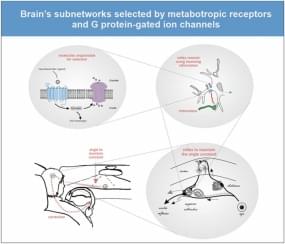
I am proud to announce that today came out probably my most important scientific paper. I propose a whole new paradigm in neuroscience. To understand the mind, synapses are not so important any more. Instead, critical are some other type of proteins on the neural membrane. These proteins have the capability to transiently select subnetworks that will be functional in the next few seconds or minutes. The paradigm proposes that cognition emerges from those transient subnetwork selections (and not from network computations of the classical, so-called connectionist paradigm). The proteins in question are metabotropic receptor and G protein-gated ion channels. Simply put, we think with those proteins. A result of a thought is a new state of network pathways, not the activity of neurons.
One can download the paper here:
Perhaps the most important question posed by brain research is: How the brain gives rise to the mind. To answer this question, we have primarily relied on the connectionist paradigm: The brain’s entire knowledge and thinking skills are thought to be stored in the connections; and the mental operations are executed by network computations. I propose here an alternative paradigm: Our knowledge and skills are stored in metabotropic receptors (MRs) and the G protein-gated ion channels (GPGICs). Here, mental operations are assumed to be executed by the functions of MRs and GPGICs. As GPGICs have the capacity to close or open branches of dendritic trees and axon terminals, their states transiently re-route neural activity throughout the nervous system. First, MRs detect ligands that signal the need to activate GPGICs. Next, GPGICs transiently select a subnetwork within the brain. The process of selecting this new subnetwork is what constitutes a mental operation – be it in a form of directed attention, perception or making a decision. Synaptic connections and network computations play only a secondary role, supporting MRs and GPGICs. According to this new paradigm, the mind emerges within the brain as the function of MRs and GPGICs whose primary function is to continually select the pathways over which neural activity will be allowed to pass. It is argued that MRs and GPGICs solve the scaling problem of intelligence from which the connectionism paradigm suffers.
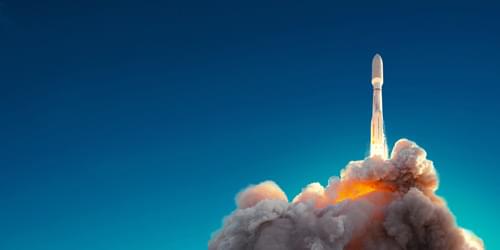
Claudiu Stan of Rutgers University—Newark, New Jersey, and his colleagues were watching moving drops of supercooled water spontaneously freeze when they noticed something unexpected: drops kept suddenly disappearing. Initially they thought that the lost drops had shattered as they froze. But, on closer inspection, they found that the icy drops were still there, they had just moved out of view. The team has now developed a quantitative model for this behavior, attributing it to a rocket-like propulsion mechanism induced by the freezing process [1]. Stan says that the finding could inspire scientists to design self-propelled systems powered by such phase transitions.
The team’s results add to a growing body of work on self-propelled drops. The mechanisms behind such motion vary wildly, but Stan notes that they all involve symmetry breaking. For the freezing drops, this symmetry breaking arises when the ice nucleation starts off-center. When ice nucleates, the change in structure releases latent heat, causing the local evaporation rate to suddenly increase, and if the nucleation is off-center, this enhanced evaporation occurs unevenly over the drop’s surface. Like a rocket ejecting a propellant heated by a chemical reaction, this asymmetrical evaporation increases the drop’s momentum, with the team’s model predicting peak velocities of nearly 1 m/s.
Stan says that this propulsion mechanism has a unique feature that could make it attractive for applications: unlike most self-propelled particles, it requires no surfaces and no surrounding fluid (the experiments were done under vacuum). But, for him, the findings have another bonus: “I am a fan of space exploration, so it was exciting to realize that [we could] draw an analogy between these tiny droplets and rockets,” he says.